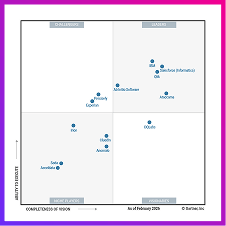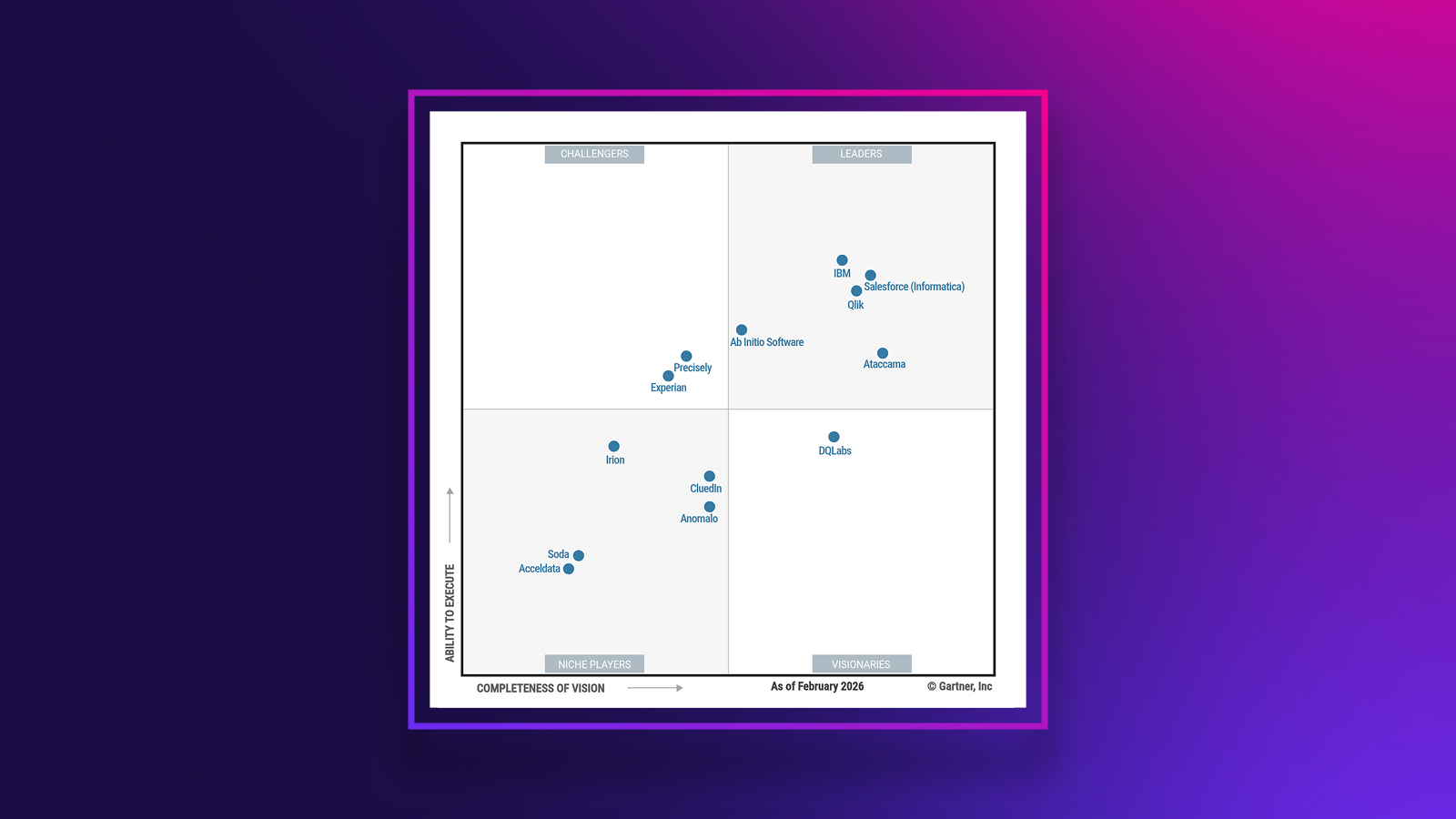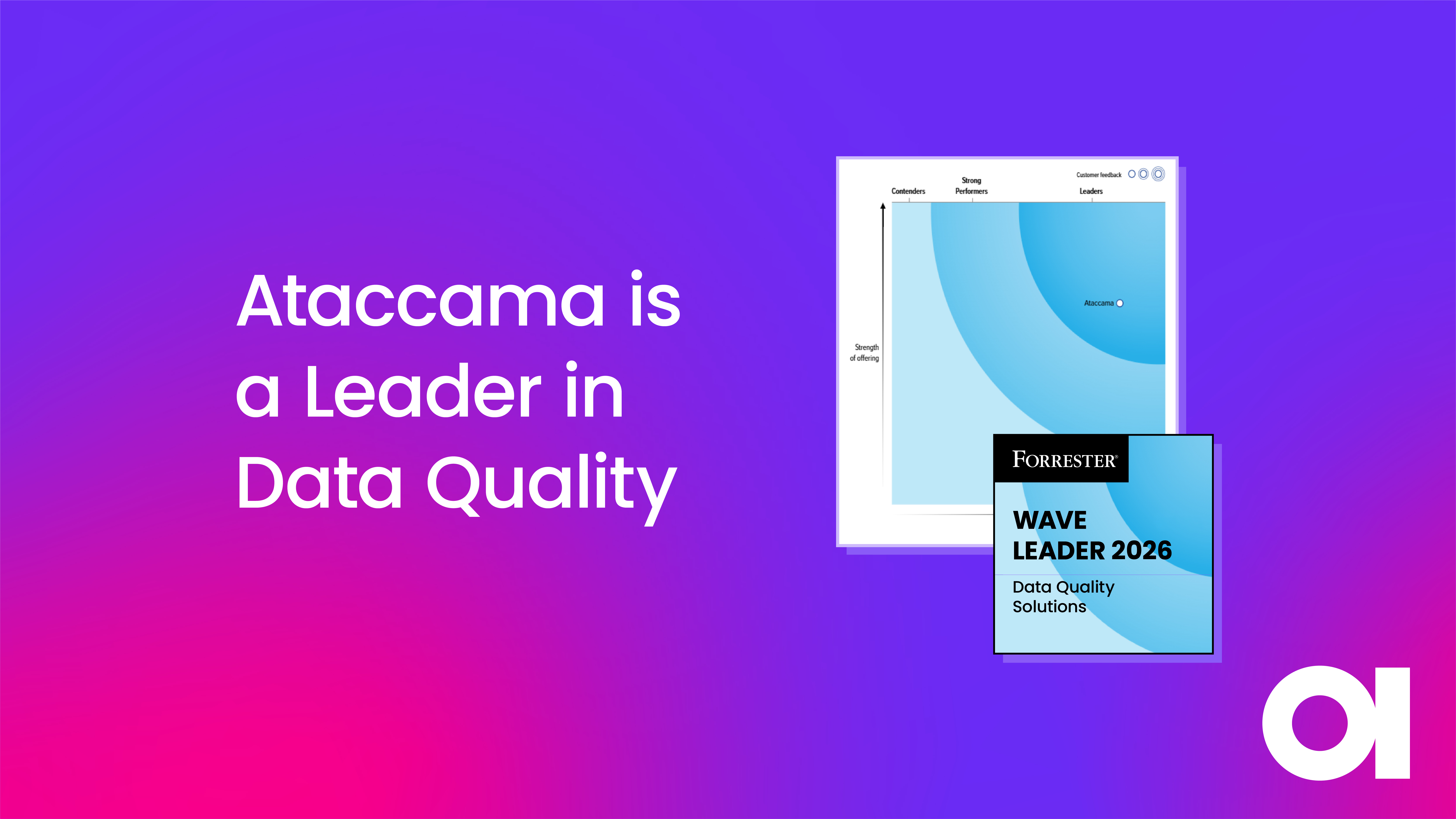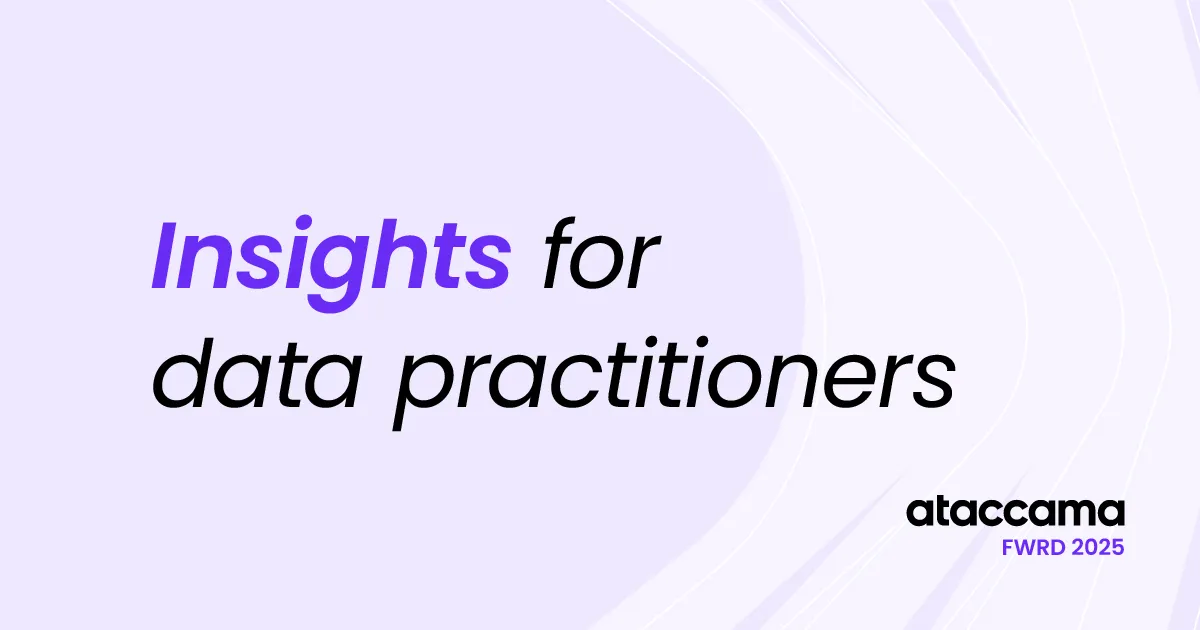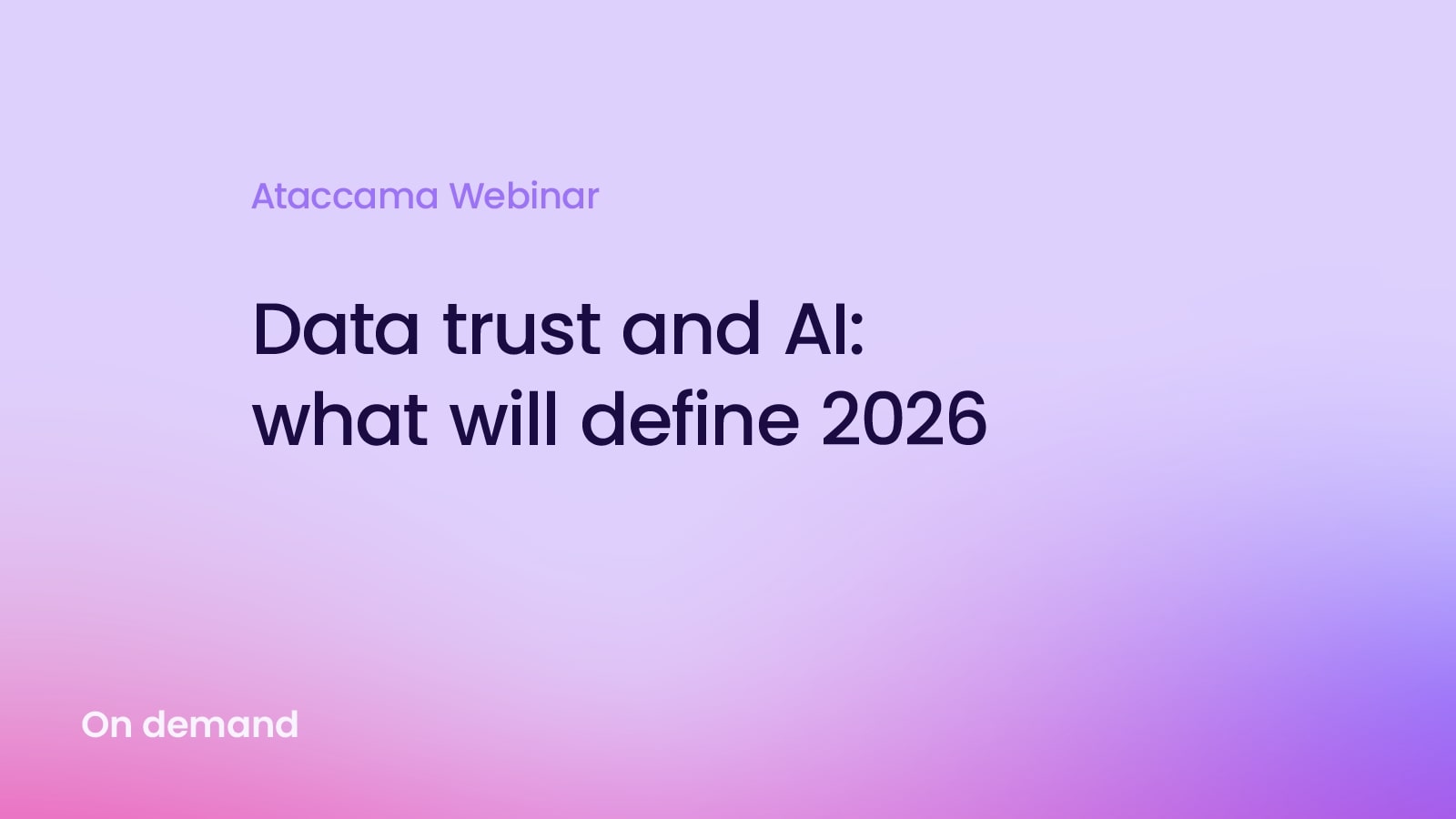Top 4 Takeaways from the Gen AI Fireside Chat with OpenAI and T-Mobile

Old data management processes are quickly becoming a thing of the past thanks to Gen AI. Slow and manual tasks can be handed off to chat assistants, and everyone is gaining the ability to do great things with data, regardless of resource availability and expertise.
We just concluded our Fireside chat with Zack Kass (former Head of GTM at OpenAI), Jason Wright (Senior Manager, DQ and Governance at T-Mobile), and Martin Zahumensky (our Chief Product Technology Officer) to learn more about Gen AI, its consequences, and what it will mean for the data management industry.
Watch the full recording below or read on to get four of the biggest takeaways from the event.
#1 Complex data management processes are going to become more accessible, regardless of the size of your company or data team
In the past, it was challenging for smaller companies without huge data teams to take on initiatives like master data management (MDM) or other complex tasks. You needed a massive amount of resources and employees with high technical expertise, leading to extreme costs and a workforce associated with wrangling and maintaining all that data.
In the future, ChatGPT and similar tech will enable the automation of most (if not all) of the resource-intensive data management solutions like MDM, making them more affordable and feasible for companies of smaller sizes. Companies will be able to implement out-of-the-box MDM and data management solutions without having to maintain massive data teams or input the person-hours needed to sort through all their valuable data.
Data management will no longer be reserved for industry elites – it’ll be within the reach of every business that never had access before and greater ROI for businesses with existing initiatives.
#2 What is Ataccama doing with gen AI?
Martin Zahumensky had the opportunity to talk about our product and plans for Gen AI for version 15 (EA in October 2023, GA in early 2024). As a company, we’ve been early adopters of AI, moving from nuanced machine learning for DQ to fully autonomous features like domain and anomaly detection. Now we’re extending our capabilities using Gen AI, check out some of the hottest and most impactful features he mentioned below:
- Data Quality Rules: Before Gen AI, analysts needed to take several steps before they could create data quality rules. They need to understand the dataset, the business, and then translate those rules into our own programming language. Now, you’ll be able to write your rules in plain English and have the Gen AI translate for you – no need to code.
- Data Preparation: Instead of staring at a large set of data (i.e., unstandardized telephone numbers) and looking for a commonality (i.e., a standard format for those numbers) or quality principle, you can just task the AI with parsing the data together. AI-powered data cleansing, remediation, and enrichment will streamline the detection, correction, and building of better data for better decision-making.
- Data Documentation: With Gen AI, data asset categorization, classification, and description creation will be much easier. Instead of labeling everything yourself, you can ask for a “comprehensive set of data points containing x,” and the AI will handle the organization and procurement of the data. This will accelerate and make the data usage experience more precise.
- Co-Pilot: All of these features, along with product-related questions, will be accessible via a co-pilot chat feature on every window of our platform.
#3 Full automation of complex data management tasks is on the horizon
While the new features coming to the platform are fantastic and hold tons of value in the present moment, they are just a step towards our end goal: the complete automation of complex tasks.
We don’t want to improve on one screen of a single tool. Our dream is to have a chat interface that can entirely bypass the data management process. Martin used the Fireside Chat setting to demonstrate the power of this kind of tool. He gave an example prompt for a Gen AI assistant, asking it to find new marketing leads from the event attendees.
In the current landscape, this process would involve several steps. You would need to discover this objective, dig through CRM data for new unencountered leads, standardize that data, match missing records in the CRM, split the records in first/last names, and filter invalid email records out.
Imagine you could do all that with just one question: can you give me a list of new leads from the Data World conference? Then, the AI almost magically delivers the necessary information in an understandable format. This is our end goal, and we’re quickly approaching its realization.
Jason Wright was excited about the future. He already saw potential for it at his company in data democratization: “We have 3-4 thousand people at T-Mobile interested in doing some kind of data management.” Now, they could have standardized, self-service access without spending extra time and money educating them on company protocols, how to use the tools, etc.
#4 AI Panic: Calming the concerns
As with any revolutionary technology, there has been a lot of pushback from concerned individuals, fearing the dystopian futures depicted in movies like The Matrix and The Terminator.
While these stories are great for entertainment, Zach finds little logic in these concerns. He has worked closely with the people who build these models and has seen how they imbue them with a genuine appreciation for the human condition.
That being said, he is aware of the panics surrounding AI and has broken it down into four categories:
- Idiocracy: Everyone will become lazy with no ambition or goals, entirely reliant on technology.
- Job Displacement. Too many people will lose their jobs, crashing the global economy and sending us into unrest.
- Existentialism. AI will become sentient and kill us.
- Widespread misinformation. AI will be used to create deep fakes and false narratives to sway opinions and influence important outcomes.
Zach addresses each of these individually, citing the ability to focus on what really matters (i.e., being a parent, pursuing your dreams, etc.) as evidence of a more optimistic outlook on a world powered by AI. Millions work jobs that they feel they are overqualified for. These people may finally be able to pursue more intrinsically fulfilling positions.
For existentialism and widespread misinformation, Zach clarified that any negative outcome caused by AI can have a benevolent counterpart using the same technology (i.e., AI used to create deepfakes can also be used to detect them).
In a world where billions of people already don’t have access to the basic food, healthcare, and education they need to live a successful life, could an AI-powered future really be so much worse?
Final thoughts
When it comes to data management, there will be some monumental shifts in how we interact with and manipulate our data assets. As Ataccamers, we’ve been at the forefront of this change, eagerly adopting new machine learning technologies as soon as they became available. It’s been a long time coming, according to Martin Zahumensky, who says the industry has mostly stayed the same since its onset over thirty years ago.
Zach knows that this time will be different. When asked if there was one conclusion he wanted people to take away from this chat, he just wanted people to be more optimistic about Gen AI. He sees a world on the horizon that could be disease-free, stress-free, and full of recreation.
One thing is certain: the human condition will change significantly in the coming years. Those informed about the latest advances in these technologies and early adopters will be at a dramatic advantage. Join us on our AI journey and stay informed by watching the full recording of the event!
